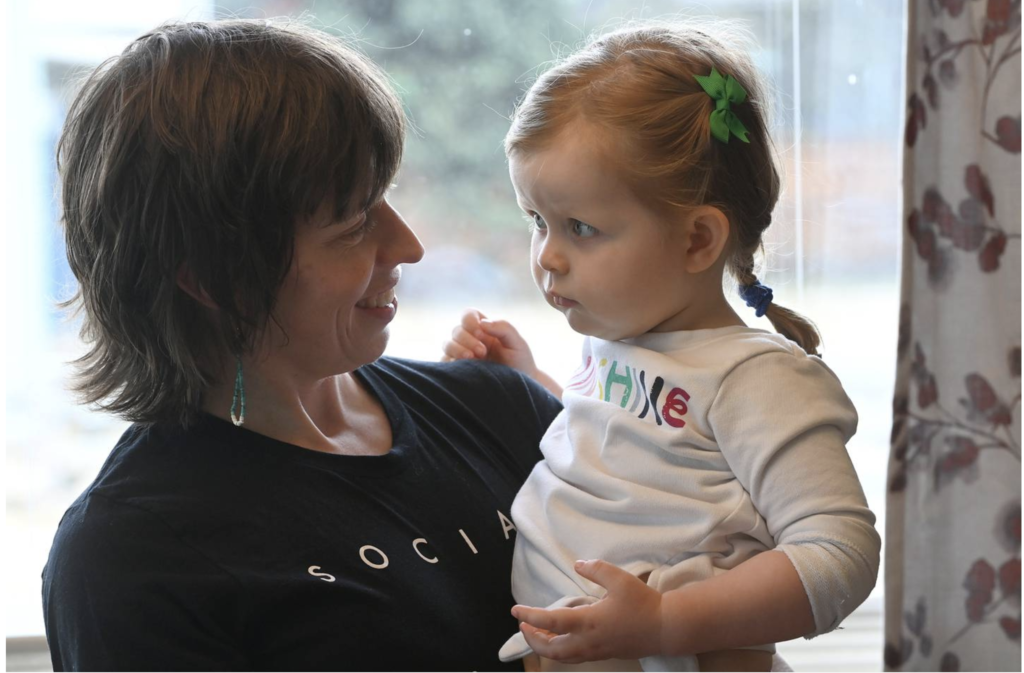For Mother’s Day, I wrote about women looking back on giving birth during the pandemic.
Here’s how the story began:
It was five days before Anchorage shut down in March 2020, in a room at Providence Alaska Medical Center, when Tiffany Hall says she first understood what it meant to be a mother.
She was in labor, having a baby as a single person. Pain filled her with dread. Exhaustion scrambled her thoughts. Friends had tickets to fly to Anchorage to help out, but COVID grounded them and made the world feel upside-down and scary. Hall was allowed only two people in the room aside from hospital staff: a doula, and her sister Lisa. She told Lisa she couldn’t keep going.
“I know,” her sister said. Then Hall looked around the room at the nurses and the doula. All of them had been through this before.
“They were all just like, ‘Yep, this is it, sister,’ ” Hall said.
Hall got a burst of motivation. The pandemic had filled everything with uncertainty, but baby Margaret made her entrance anyway.
Parts of motherhood are a sojourn, especially in the beginning, with pregnancy, birth, certain middle-of–the-night scenes only a mother knows, like when she’s beyond tired, nursing in the dark. You can’t anticipate the grit that’s required until you find yourself in the middle of it with no choice. Some women who gave birth to pandemic babies in Anchorage hospitals say their transitions to motherhood were quieter, harder, more anxious and lonelier. They also say dealing with all that uncertainty clarified priorities, strengthened bonds with family and showed them they were more capable than they imagined.
“These women, they had to dig deep and continue to have to dig deep to get through something that is hard,” said Natalie Ward, an obstetrician at Anchorage Women’s Clinic. “You know courage is not the absence of fear, right? It’s being scared to death and doing it anyway. The pandemic has made us do that in multiple areas, but particularly in becoming mothers.”
